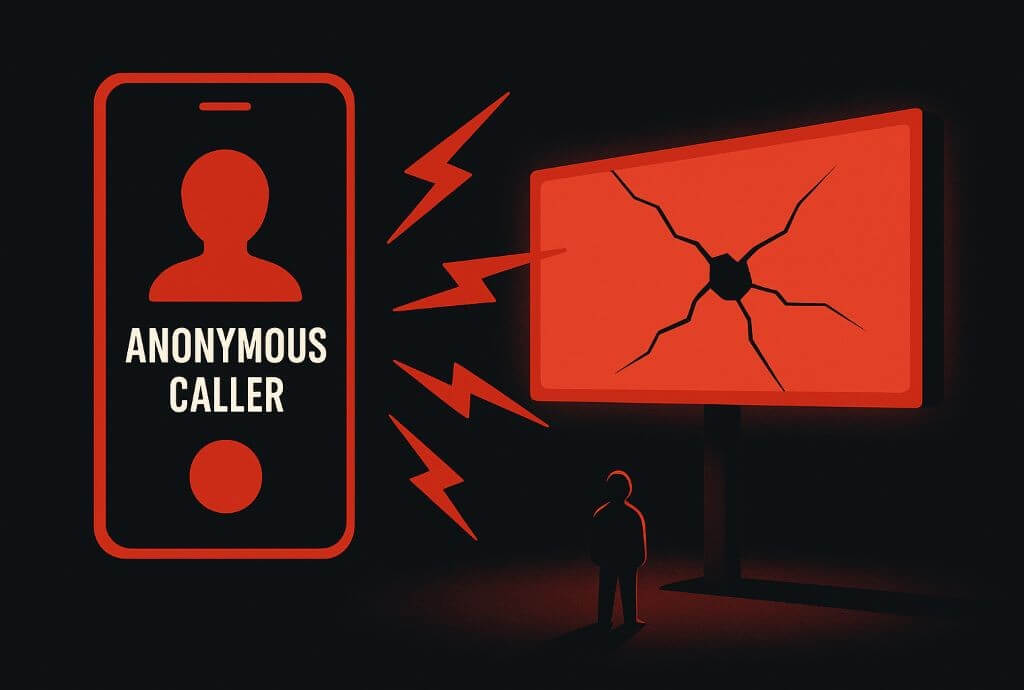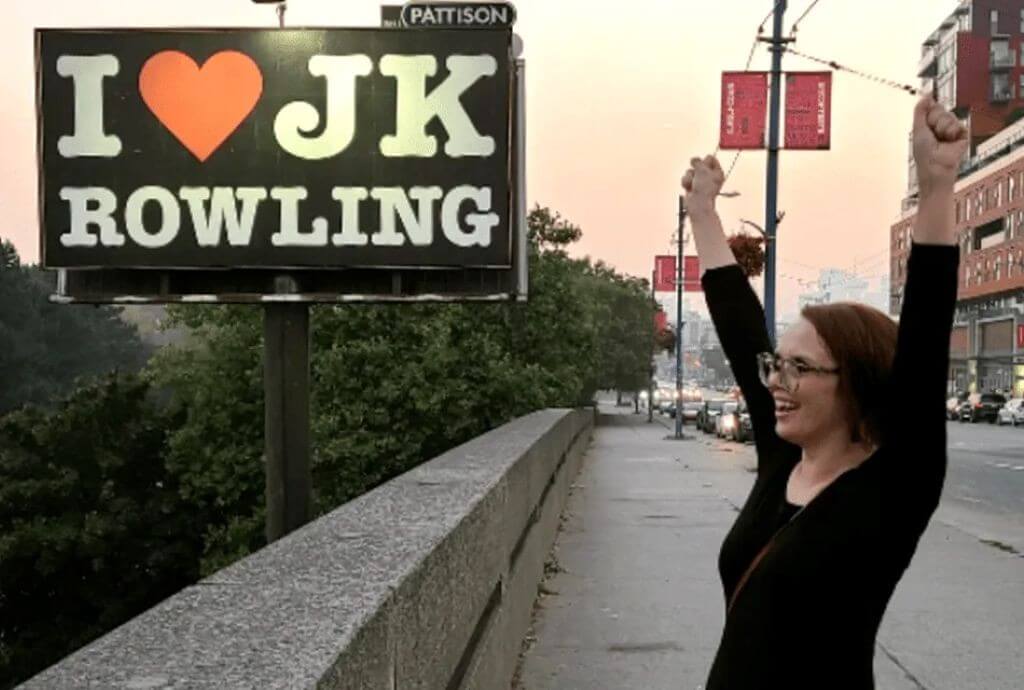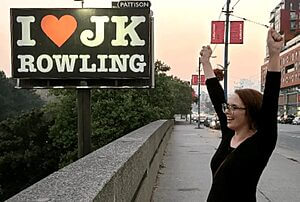Summarised by Centrist
In a unanimous ruling, the US Supreme Court has struck down legal barriers that made it harder for members of majority groups, such as white or heterosexual Americans, to bring discrimination claims under federal law.
The Court declared that civil rights protections must apply equally to all individuals.
The case involved Marlean Ames, a longtime employee of Ohio’s Department of Youth Services, who argued she was denied a promotion and later demoted because she is straight. Both roles were given to LGBTQ employees.
Lower courts had dismissed her case, citing the need for “background circumstances” to support claims of reverse discrimination. But the Supreme Court ruled that such a requirement has no basis in the law.
Writing for the court, Justice Ketanji Brown Jackson said, “Congress left no room for courts to impose special requirements on majority-group plaintiffs alone.” She added that Title VII of the Civil Rights Act protects individuals from workplace discrimination, not only specific identity groups.
Justice Clarence Thomas, in a separate concurring opinion, said the case reflects a wider pattern:
“Some of the country’s largest and most prestigious employers have overtly discriminated against those they deem members of so-called majority groups.” He and Justice Neil Gorsuch cited a brief from America First Legal arguing that DEI programmes have encouraged “obsession” with identity over fairness.
The ruling affects courts in 20 states and Washington, D.C., where previous decisions had imposed extra hurdles for plaintiffs like Ames. It also aligns with the Trump administration’s shift away from DEI policies and toward enforcing workplace rights regardless of race, sex, or orientation.



















